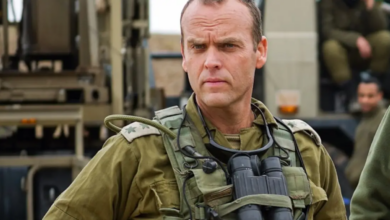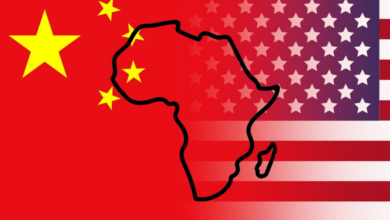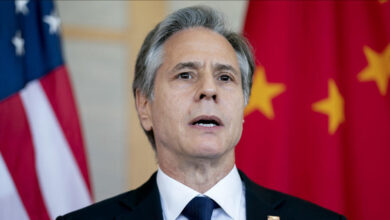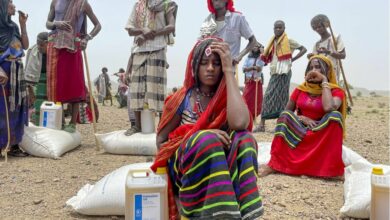Unveiling the Untold: The Circumstances of the Terrorist Operation in Moscow, Russia
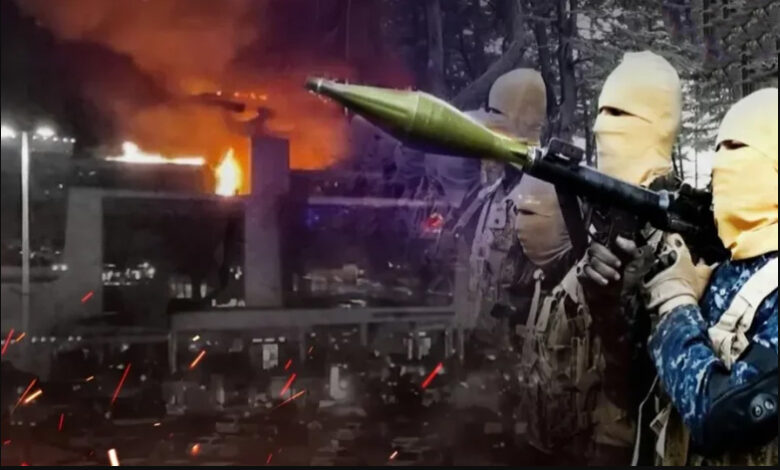
By Faten Jabari, Department of International Relations and Strategic Affairs
Translation: Wissal Khlifi, Department of translation and interpreting
March 27- 2024
Introduction
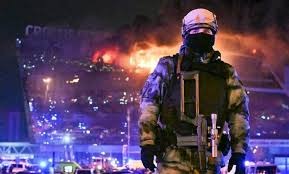
Just days following the announcement of Russian President Vladimir Putin’s victory for a fifth term, having garnered approximately 76 million votes, representing 87.29% of the ballots cast.
As the Russian streets celebrated the achieved presidential triumph, a countdown for a catastrophic film, orchestrated, had begun… Amidst astonishment that not only befell the Russian society but resonated globally, except for those who schemed and scripted and dispatched the executors, as they watched their creation unfold…
During a visit by Ukrainian President Zelensky to the capital Paris, to confer with his French counterpart Emmanuel Macron, an agreement was reached to deploy over 2000 soldiers in support of Ukraine against Russia. Despite the refusal of some European countries, such as Germany, to endorse this sudden decision, prompting Macron’s transition from being a “peacemaker to a war advocate,” seemingly oblivious to the potential repercussions for the continent and the world at large… For the colonial descendant cares solely for its colonial interests, plunder, and dominance over other nations’ resources…
On this March 22nd, precisely at the Russian capital Moscow, within the sprawling shopping complex known as “Crocus City,” the terrorist operation took place, resulting in the deaths of over 150 civilians and injuring hundreds thus far, marking one of the worst attacks witnessed by Russia in years.
Via the Telegram application, the terrorist organization “ISIS Khorasan” claimed responsibility for the terrorist attack, concurrently, while Reuters, the international news agency headquartered in Times Square, London, reported, and White House National Security Communications Advisor John Kirby denied any “indications of Ukrainian involvement” in the attack.
While Ukraine asserted its non-involvement, the Chairman of the National Council, Medvedev, deemed, “If it is proven that they are terrorists affiliated with the Kiev regime, they must all be found and eliminated mercilessly as terrorists, including the state leaders who committed this heinous act.”
A complex operation that revealed the intricacies of the international scene, raising numerous questions about the motives behind this terrorist operation, specifically adopted by the Khorasan branch, and at this particular time, and specifically within Russia, in executing the operation rather than the Caucasus branch, which includes Russia within its geographic scope of operations, and the objectives that ISIS seeks to achieve through this, in one of the strongest and most powerful countries, the heart of Eurasia, and the primary competitor to the West and America at large.
Could this be a Western intelligence game employing ISIS anew
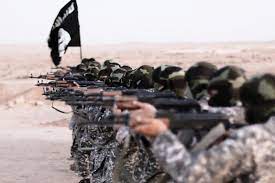
Or is it a terrorist operation that seeped through the borders with Kiev on the Ukrainian side?
Has a Western intelligence game been put forth by ISIS again
The ISIS organization has undergone organizational restructuring since the killing of Abu Al-Hassan Al-Hashimi Al-Qurashi in October 2022, who was the third leader of the organization.
With Abu Sara Al-Iraqi assuming “the responsibility for distant provinces,” meaning the international branch of ISIS during the reign of the organization’s fourth leader, known as Al-Qurashi, he restructured what is known as the distant provinces, which are states located outside the scope of the central branches (Syria and Iraq).
In addition to forming a higher level called administrative offices overseeing the organization’s branches, the organization approved nine administrative offices overseeing 16 branches of the organization. Each office has an emir who serves as a link between the organization’s headquarters and its international branches, with communication established between the headquarters and the emirs of the offices.
Furthermore, the organization separated the branch in Mozambique from the branch in Central Africa and merged the “Caucasus Province” with the “Khorasan Province” under the supervision of one office. The office responsible for the Khorasan Province, including Afghanistan and the bordering countries as well as the East Asia Province comprising the Philippines, Indonesia, India, and Pakistan, was merged with the office of the Faruq, which is responsible geographically for Turkey and its bordering and neighboring countries, the Caucasus, and Russia. The individual nicknamed “Shihab al-Muhajir,” also known as Thana’ullah Ghafori, was appointed as the emir of the office, in addition to being responsible for organizing Khorasan.
With the escalation of terrorist operations by the organization in Afghanistan, Pakistan, and Iran, the immigrant was assigned the responsibility of the International Branches Office covering the organization’s operational areas, including Afghanistan, the Philippines, Indonesia, India, Pakistan, Turkey, and its bordering countries, the Caucasus, and Russia. This explains the reasons for the Khorasan Province carrying out the terrorist operation in Russia, rather than the organization’s branch in the Caucasus.
Was the operation surprising or expected for the Russian security agencies
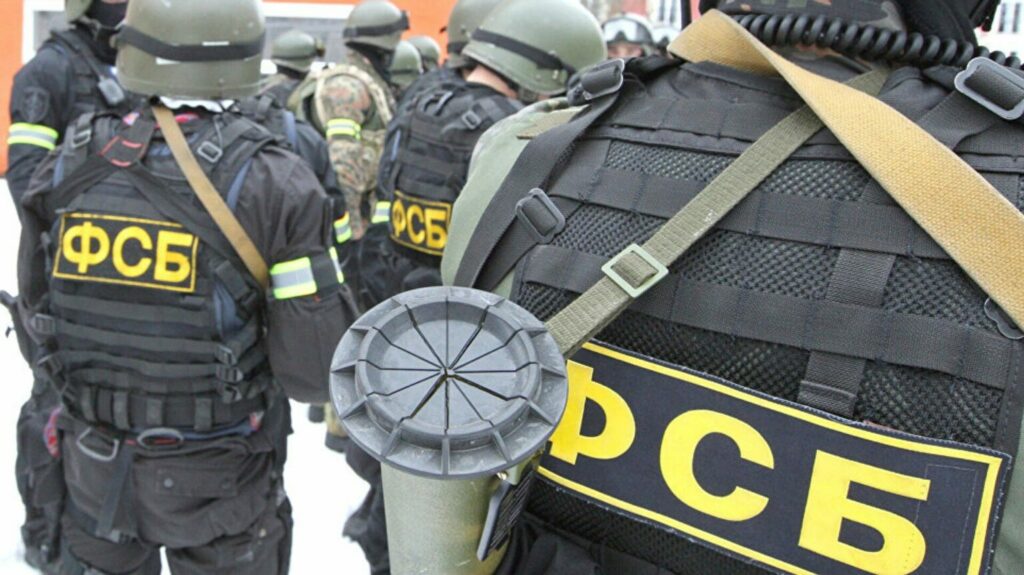
Contrary to current reports, the recent terrorist operation in Moscow is a continuation of the increasing activity of ISIS within Russian territories.
This is in contrast to what has been circulated that the operation was a surprise for the Russian security agencies. It was noticeable that the media office of the Russian National Counterterrorism Committee announced on March 3rd that 6 ISIS followers were killed during an anti-terrorism operation in the city of Karabulak in the Republic of Ingushetia, which is a federal entity and one of the federal republics in Russia.
The media office stated, “As a result of the counter-terrorism operation carried out by the headquarters of the Russian National Counterterrorism Committee in the Republic of Ingushetia, 6 militants were neutralized in one of the residential buildings in the city of Karabulak,” adding that “their identities were identified, and according to preliminary information, they are followers of the ‘Khorasan ISIS’, and three of them, including the gang leader, were on the federal wanted list.”
On March 7th, Russian security agencies announced that they had killed militants from ISIS who were planning a “terrorist attack” on a synagogue in Moscow.
The Federal Security Service stated that an extremist cell in Kaluga, southwest of Moscow, was planning to open fire on Jewish worshippers in a synagogue in the capital.
The TASS news agency quoted the security agency as saying in a statement: “During their arrest, the terrorists showed armed resistance to officers of the Russian Federal Security Service, and as a result, they were neutralized by gunfire. Firearms, ammunition, and components for manufacturing improvised explosive devices were found and seized,” revealing that the militants were members of the Afghan branch of the “ISIS-Khorasan” without specifying their nationalities.
On the same day, March 7th, the US Embassy in Moscow issued a warning to its citizens against going to theaters and gatherings, which collectively indicate that the possibility of ISIS-Khorasan carrying out an operation in Russia was highly probable, potentially subjecting Russian security agencies to significant criticism and pressure in the near future.
Symbolism of Timing: Retaliatory Operation and a Political Message
The terrorist operation has raised several implications as follows:
Retaliatory Operation
The terrorist operation comes after the success of Russian forces and the downfall of the organization in Syria. The Russian role has significantly contributed to dismantling the Daesh map there… Also in Africa, this might be attributed to the French President’s discontent when he said, “Russia has trampled on France’s tail in Africa.”
In cooperation with the Malian government, eliminating the organization’s strongholds in addition to Russian cooperation with countries in the Sahel region in combating the organization, where Russian cooperation with Sahel countries, especially Mali, Burkina Faso, and Niger, played a fundamental role in limiting the organization’s activities. It can be said that the recent operation in Moscow represented, in part, a response to the success of the Russian role in combating the organization in the African Sahel region.
Political Message
The operation comes days after the end of the Russian presidential elections and the announcement of President Putin’s victory, where the organization seeks to send a direct message indicating that it now has the capability to carry out a major operation in the heart of the Russian capital before the start of the new term of the Russian president.
Through the recent operation in Moscow, the organization seeks to assert its influence after two years of sharp decline in its activities within various pivot countries.
Caliphate War in Asserting Superiority
The individual known as “Al-Muhajir” is the organization’s candidate for leadership, making relentless efforts to prove his ability to assume the leadership of the ISIS office. This is a particularly important goal for him, especially since he is one of the three strongest candidates in the organization to assume the caliphate, as he is an Iraqi-born Arab born in Afghanistan, which makes him possess several objective factors for advancement within the organization’s structure, especially in light of the departure of the first founding leader (Al-Zarqawi).
Conclusion
Shihab Al-Muhajir is considered one of the old elements in the organization, described in an official statement as a skilled military leader and one of the “urban lions” of ISIS in Kabul, who participated in gang warfare operations and planning complex suicide attacks. This indicates that the operation, in part, had a personal dimension that served the personal interests of the Daesh Khorasan leader in daring, penetration, brutality, and cruelty. If he is the number one person internationally wanted, then Russia is looking for the black box… the international entity that Daesh was hired to carry out this operation.
It can be said that the terrorist operation that occurred in Moscow will be one of the operations that will push the organization and the counter-terrorism trajectory in general towards a different path from what is currently.


